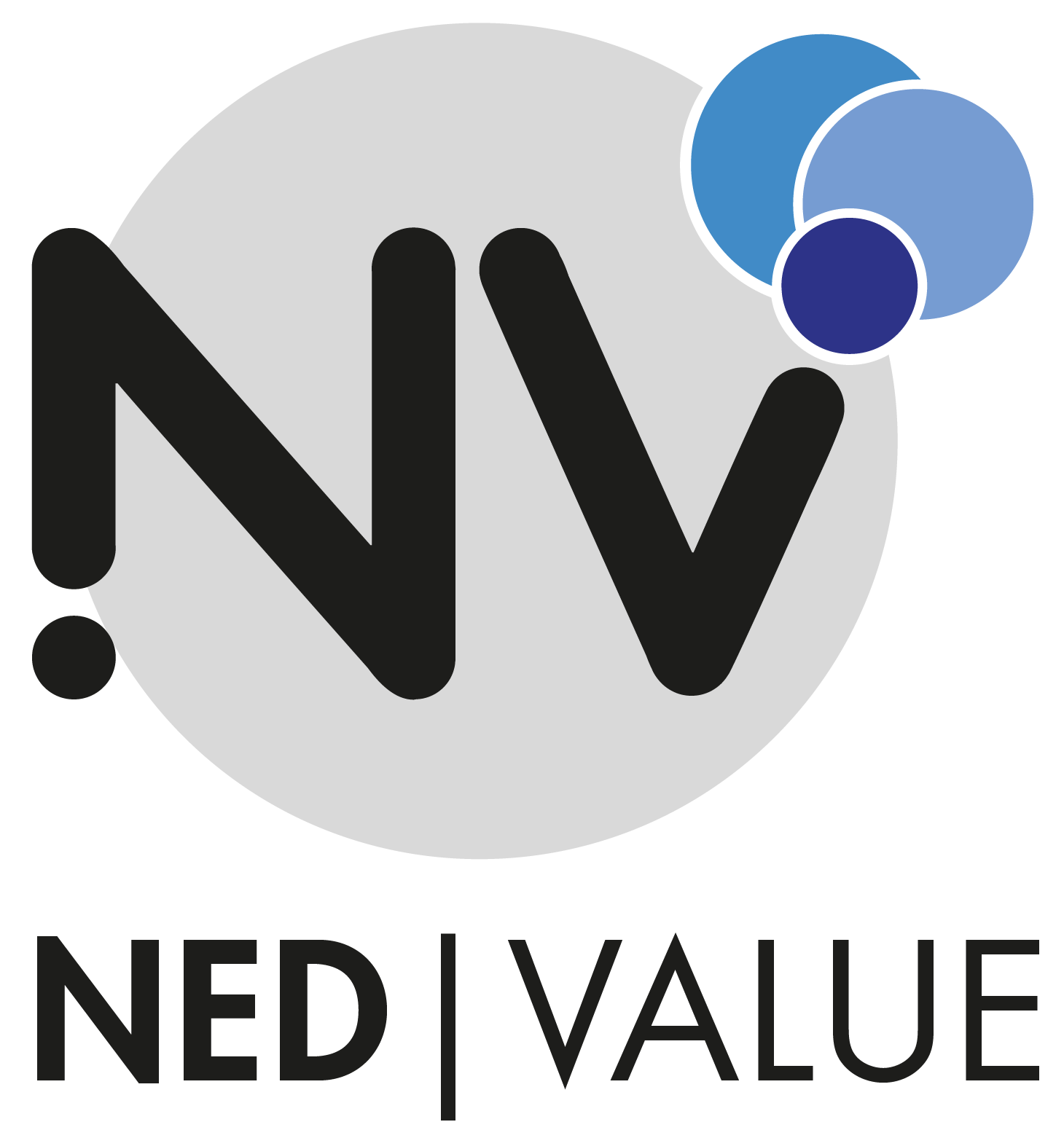The Handbook for the IR and Integrated Thinking Change Journey has just been published by an ad hoc multistakeholder Working Group of the Italian Network for Business Reporting (NIBR), coordinated by Livia Piermattei.
In his Foreword to the Handbook, Neil Stevenson of the International Integrated Reporting Council (IIRC) “welcomes the publication because it rightly emphasizes the benefits of Integrated Thinking within IR, and appreciates the practical approach and insights it offers, while describing Integrated Thinking as integral to the concept of Integrated Reporting.
IIRC also describes the benefits of introducing Integrated Thinking: “a shared understanding of strategy and how value is created throughout the business, with fewer silos, more cohesive management information and informed decision making, enhancing accountability and performance”.
Many publications already describe the importance of “IR-Integrated Reporting”. This one was set up in order to make Integrated Thinking concrete and “usable”, through a simplified, clear and concise Handbook.
The Change Journey of Integrated Reporting (IR) consists of 5 stages. Four of these are related to Integrated Thinking. They are strongly linked and dynamically complementary, and they are influenced by and influence the fifth, that of Integrated Report. The four other stages of the Change Journey are: Identifying its Issues and the Stakeholders, Recognizing its Leaders, Detecting its KPIs and the Change Dashboard, and Setting up the Change Action Plan. The IR can be either the starting or the arrival point of the Change Journey.
The Handbook focuses on two areas of change, specifically for listed companies, i.e. that of the Board Governance (strategy, process and culture) on the one side, and that of the organization infrastructure (strategy, organization, culture, processes), on the other.
The NIBR Working Group, with the support of IIRC, researched and networked at a global level with different entities having initiatives on integrated thinking and governance, such as SAICA in South Africa, IFAC (the International Federation of Accountants), the Confederation of Indian Industries, Nedcommunity (the Association of Italian Non Executive and Independent Directors). It also collected the “lessons learnt” by organizations such as Auchan, DeACApital, Dellas, Generali Group, Guna, SAP, Unicredit Group.
Author of the Handbook is an ad hoc multistakeholder NIBR Working Group, whose member organizations were listed and non-listed companies, consultants, asset management companies and associations that contributed by donating the working time of the group members and, in some cases, supporting also editorial and publishing costs.
NIBR-the Italian Network on Business Reporting (www.nibr.it), whose Secretary General is Prof. Dr. Stefano Zambon (IIRC Council member), is the Italian Association representing the WICI – World Intellectual Capital/Assets Initiative – Global Network (www.wici-global.com).
Livia Piermattei, is Managing Partner of Methodos, the Change Management Company.

